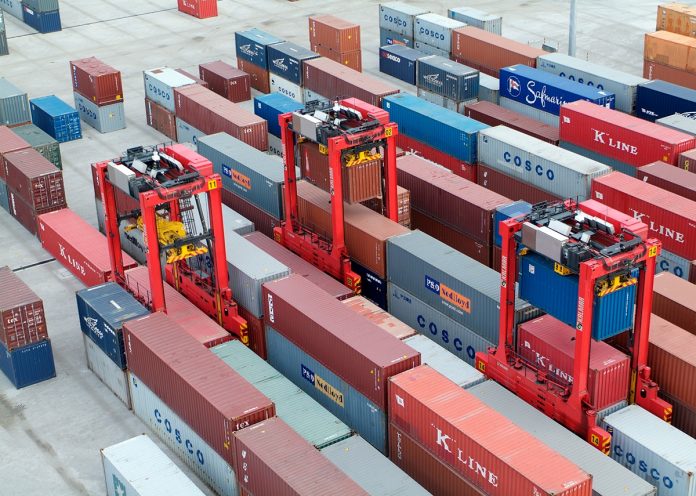The automation of supply chains will be a core component of the One Belt, One Road policy, according to author and business transformation expert, Sean Culey.
According to the researcher, it would be “perfectly possible” for Macau to develop its harbour into a fully automated one, since the “Chinese government has already realised that robotics is the future”.
According to Mr. Culey, “some ports in Australia, the Netherlands, India, the United States and even Nigeria” are already almost completely automated, and any planned ports to be developed in the future will have to follow the same model.
“Otherwise people won’t use them, since they won’t be able to operate at the same level of safety or efficiency,” he added.
As an example, Mr. Culey presented the Port of Rotterdam in the Netherlands, the largest seaport in Europe and one of the first ports in the world to be automated.
With the capacity to handle around 461 million tonnes of cargo, the majority of container loading and stacking at the Dutch port is handled by autonomous robotic cranes and computer controlled chariots.
“I truly believe the One Belt, One Road Policy will heavily use automation, and we will see the heavy use of autonomous trucks and ships. It will be an initiative based in 21st century ports not 12th century ports, with very few people needed to manage all port operations,” Mr. Culey said.
A work-free world
The expected full automation of the supply chains will lead to a “dramatic” decrease in supply and manufacturing expenses since “humans are the most expensive component” in any business sector, the researcher told Business Daily.
“For many years, Western companies shifted manufacturing to China for cheap labour, a situation that now changes as companies relentlessly pursue lower costs of production. They are now realising human labour is the most expensive part of manufacturing,” he added.
However Mr. Culey believes there are a variety of new jobs that will still be created for human workers, although they will mainly be qualified skilled positions instead of physical work.
“At the moment almost 1 billion people use the chat app WhatsApp, but the company only has 55 employees (…) We’re walking into an era where labour and data will be virtually free,” he said.
According to Mr. Culey, the predicted decrease in manufacturing costs caused by automation will lead to a “dramatic” drop in the cost of commodities.
“Less money will be required to have a good quality of life, but money will still be needed or the whole Capitalist system would collapse. I believe in the future all people will have to receive some kind of government support to survive, a universal basic income,” Mr. Culey told Business Daily.
Mr. Culey, also the Vice-President of Research and Advisory Services at manufacturing company Manucore, made the statements after his talk ‘A new Era of Creative Destruction and Exhilarating Innovation is Upon Us,’ held yesterday at the Chartered Institute of Logistics and Transport (CILT) International Convention 2017.
























